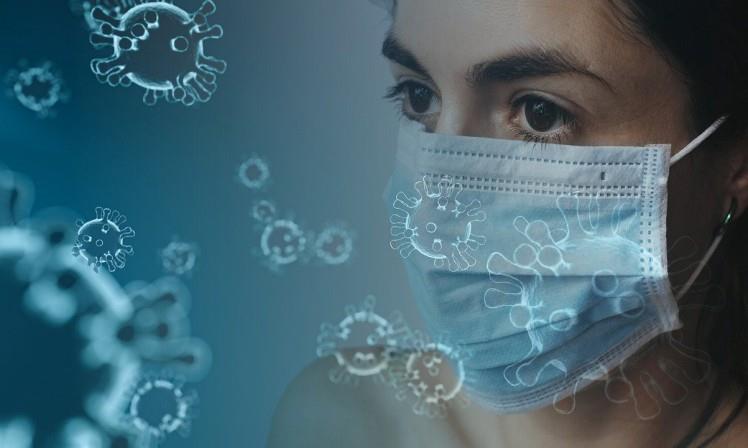
05-10-2020
If you're walking briskly up an incline, for example, you may experience feelings of breathlessness. The solution is simply to slow down or remove the mask if you are at a safe distance from others.
During the COVID-19 pandemic, the wearing of face masks has become a highly political issue with some individuals falsely claiming that wearing face masks may be putting people's health at risk. New research findings contradict statements linking wearing face masks to carbon dioxide poisoning by trapping CO2.
In "Effect of Face Masks on Gas Exchange in Healthy Persons and Patients with COPD," MD and co-authors assessed problems with gas exchange, that is, changes in oxygen level or carbon dioxide levels in healthy individuals as well as veterans with chronic obstructive pulmonary disease or COPD before and while using surgical masks. People with COPD, according to the ATS Patient Education Fact Sheet on the disease, "must work harder to breathe, which can lead to shortness of breath and/or feeling tired."
If you're walking briskly up an incline, for example, you may experience feelings of breathlessness. An overly tight mask may also increase the feeling of breathlessness. The solution is simply to slow down or remove the mask if you are at a safe distance from other people.
Stressed the importance of wearing a face mask to prevent COVID-19 infection. If a surgical mask is not available, a cloth mask with at least two layers is recommended by the CDC. Patients with lung disease, in particular, should avoid getting infected and should wear a face mask, which, along with handwashing and social distancing, is proven to reduce the risk of COVID-19 infection.
"It is important to inform the public that the discomfort associated with mask use should not lead to unsubstantiated safety concerns as this may attenuate the application of a practice proven to improve public health."
"The public should not believe that masks kill," he further added.
Leave a comment: (Your email will not be published)